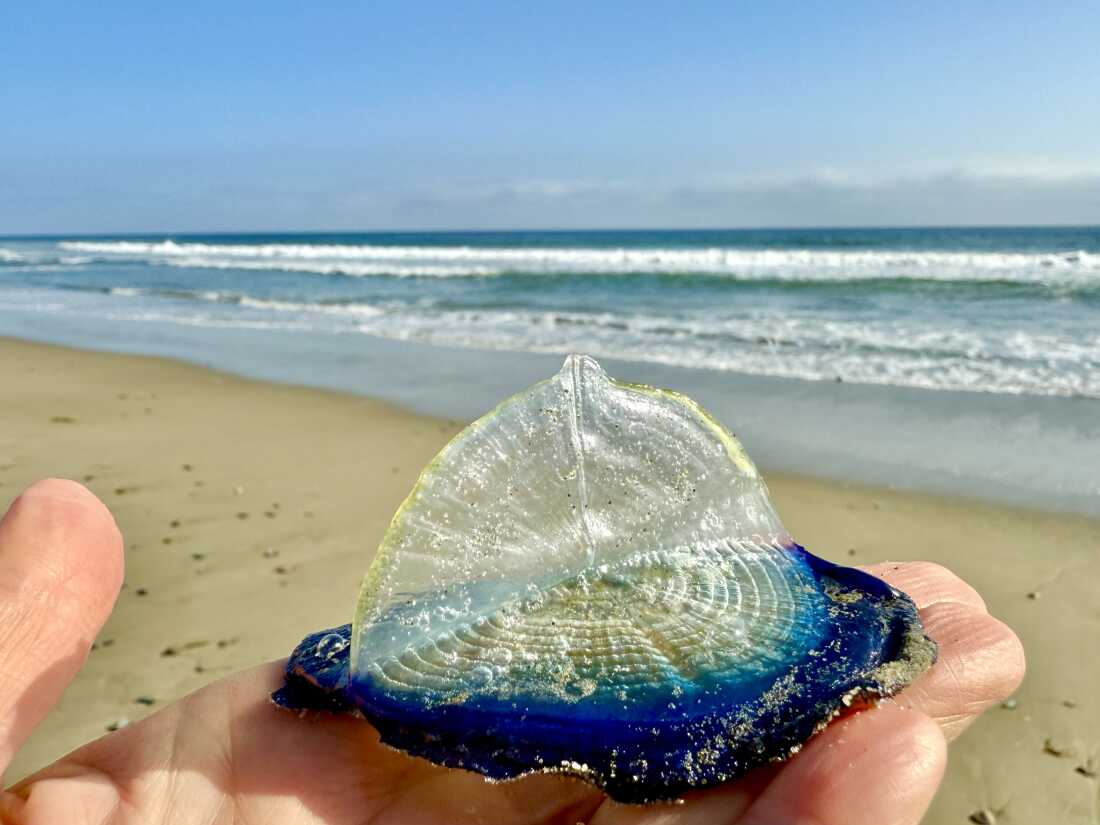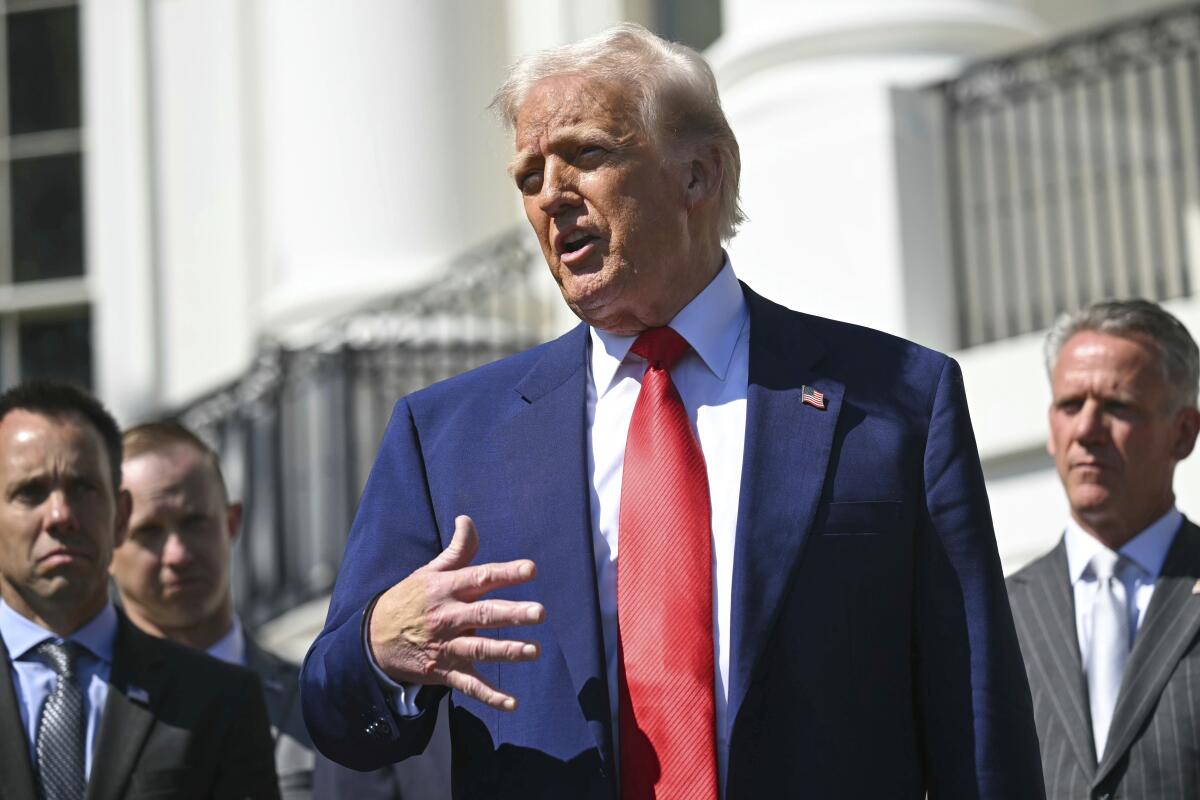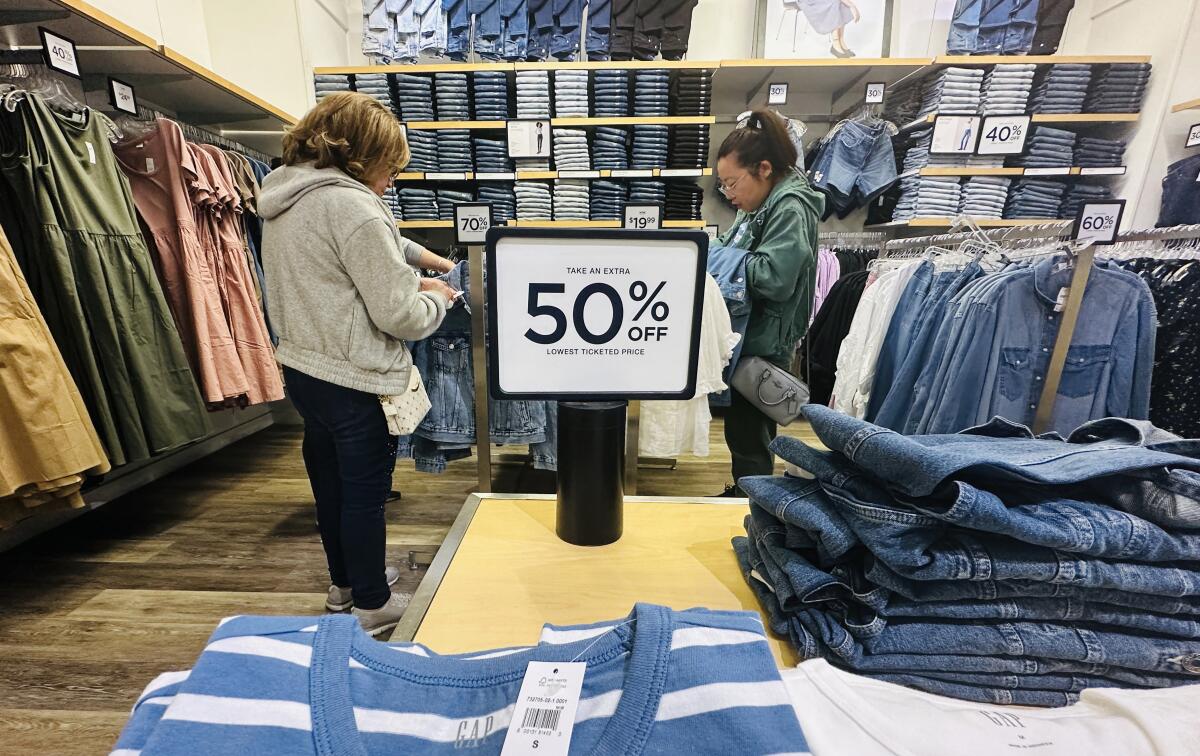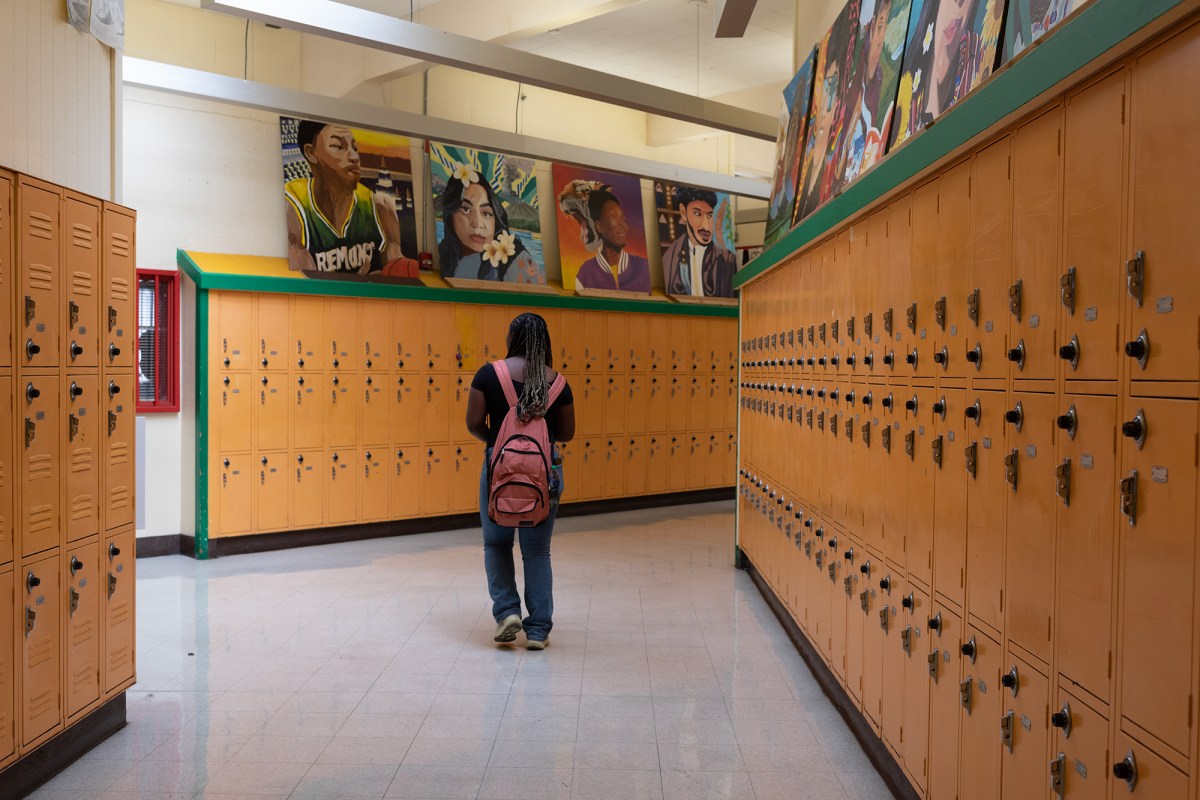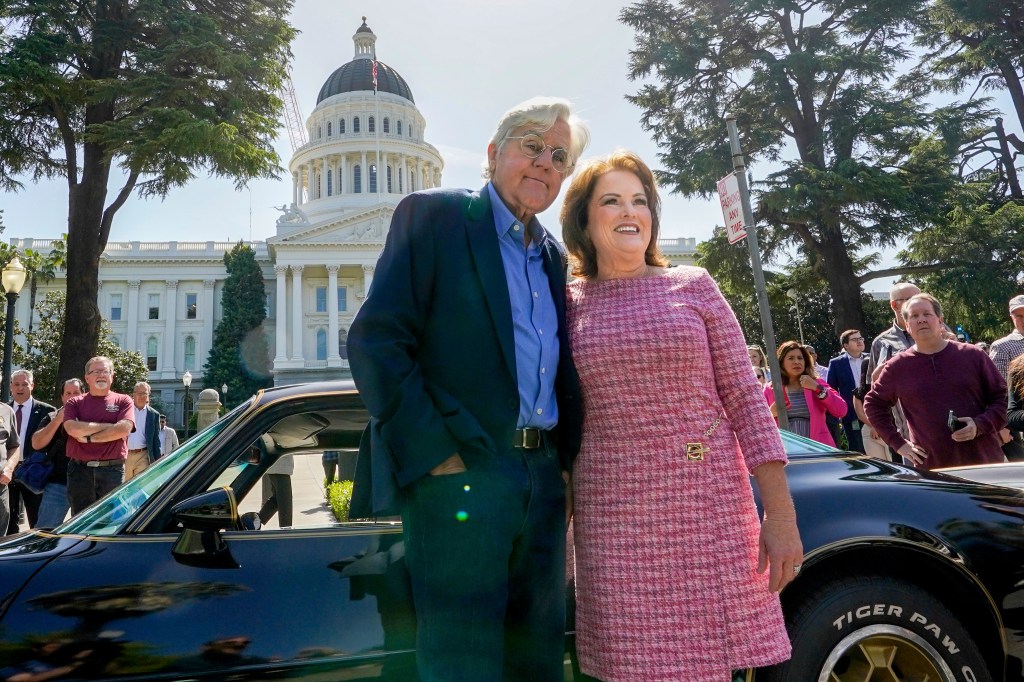Executive Summary
- Rafael Devers refuses to play first base after Triston Casas' season-ending injury, citing his move to DH.
- Devers expresses dissatisfaction with the Red Sox's front office, questioning their decisions and commitment.
- The Red Sox are now exploring external options for first base, while the Devers situation raises questions about team dynamics and future roster plans.
Event Overview
Following Triston Casas' season-ending knee injury, the Boston Red Sox approached Rafael Devers about moving from his designated hitter (DH) role to first base. Devers, however, has publicly stated his unwillingness to make the switch, citing the team's prior decision to move him from third base to DH after signing Alex Bregman. This stance has created tension between Devers and the Red Sox front office, leading to public criticism and uncertainty about the team's plans for filling the first base position.
Media Coverage Comparison
| Source | Key Angle / Focus | Unique Details Mentioned | Tone |
|---|---|---|---|
| ESPN | Devers' direct refusal and reasoning behind not wanting to switch positions. | Devers spoke with Craig Breslow and referenced a previous promise that he would only play DH. He suggested the Red Sox 'hit the market' for a first baseman. | Direct and factual, highlighting Devers' frustration. |
| Boston.com | Alex Cora's evolving stance on moving Devers to first base and potential lineup implications. | Cora initially shut down the idea but later suggested it could be considered if it allows the team to add another impact bat at DH. Potential call-ups for prospects like Roman Anthony or Marceo Mayer if Devers moves. | Analytical, examining the manager's perspective and potential team strategies. |
| MLB Trade Rumors | Background on the Devers/Red Sox relationship, including previous position changes and contract details. | Details on the Red Sox's interest in Bregman and Arenado, despite Devers having the third base position locked down. Mentions Devers nearly asking for a trade earlier in the season. Devers has a batting line of .246/.370/.430 this year. | Comprehensive, providing context and history to the current situation. |
| Yahoo Sports | Devers' strong criticism of the front office and questioning their truthfulness. | Quotes Devers saying the Red Sox 'don't stay true to their word.' Highlights Devers' large contract and his defensive liabilities at third base. Stathead mentions 31 players have played both 3rd and 1st base this season. | Critical, emphasizing the conflict and potential long-term implications. |
Key Details & Data Points
- What: Rafael Devers refused a request from the Boston Red Sox to move to first base following Triston Casas' season-ending injury, leading to public criticism of the team's front office.
- Who: Rafael Devers, Craig Breslow (Red Sox chief baseball officer), Alex Cora (Red Sox manager), Triston Casas, Romy Gonzalez, Abraham Toro.
- When: The events unfolded in May 2025, following Casas' injury. Devers' comments were made on Thursday, May 8, 2025.
- Where: Boston, Massachusetts (Fenway Park, Red Sox clubhouse).
Key Statistics:
- Key statistic 1: $313.5 million: (Devers' 10-year contract with the Red Sox)
- Key statistic 2: .246/.370/.430: (Devers' current batting average/on-base percentage/slugging percentage)
- Key statistic 3: 125: (Devers' OPS+, indicating he is 25% better than the MLB average hitter)
- Key statistic 4: 61: (Defensive Runs Saved Devers has allowed at third base since 2017)
Analysis & Context
The situation highlights a potential disconnect between Devers and the Red Sox front office. Devers' public refusal and criticism are unusual and suggest deeper dissatisfaction, possibly stemming from the initial move to DH and the broken 'promise'. His stance could be seen as a lack of team spirit, while the Red Sox's handling of the situation might be questioned in terms of communication and player relations. The long-term implications could affect team chemistry, Devers' future with the Red Sox, and the team's ability to attract free agents. The Red Sox are now forced to explore less-than-ideal internal options or pursue external acquisitions to fill the void at first base.
Notable Quotes
I know I'm a ballplayer, but at the same time, they can't expect me to play every single position out there.
Now I think they should do their job essentially and hit the market and look for another player.
I don’t think they stay true to their word. They told me I was going to be playing this position, DH. And now they are going back on that.
From my end right now? No.
Conclusion
Rafael Devers' refusal to play first base, coupled with his criticism of the Red Sox front office, has intensified an already complex situation for the team, creating both short-term and long-term implications. With Triston Casas' season-ending injury, the Red Sox are compelled to explore alternative first base solutions, either internally with players like Romy Gonzalez and Abraham Toro, or by acquiring external talent. However, Devers' public discontent and perceived lack of support from the front office, particularly Chief Baseball Officer Craig Breslow, introduces friction into the clubhouse dynamics despite Devers' claims of a good relationship with his teammates. This situation has fueled speculation about Devers' long-term future with the Red Sox, despite his significant $313.5 million contract extending through 2033. The Red Sox's acquisition of Alex Bregman and subsequent assignment of Devers to DH have seemingly backfired, creating a sense of mistrust and raising questions about the team's communication and long-term vision. While manager Alex Cora initially downplayed the possibility of Devers moving to first base, the fact that Breslow approached Devers directly suggests a disconnect between the manager and the front office. Devers' refusal also impacts potential opportunities for top prospects like Marcelo Mayer and Kristian Campbell, whose path to the majors could be further obstructed if Devers remains entrenched at DH. Looking ahead, the Red Sox face critical decisions about their roster construction and team chemistry. They must weigh the benefits of acquiring a seasoned first baseman against the potential of internal options and the long-term ramifications of alienating a star player. The situation also raises questions about Devers' trade value, despite his no-trade protection, and the potential for younger players to emerge at third base in the coming years. Ultimately, the Red Sox's ability to navigate this situation will depend on transparent communication, a clear strategic vision, and a renewed commitment to fostering a positive and collaborative environment, all of which will be tested as the season progresses.
Disclaimer: This article was generated by an AI system that synthesizes information from multiple news sources. While efforts are made to ensure accuracy and objectivity, reporting nuances, potential biases, or errors from original sources may be reflected. The information presented here is for informational purposes and should be verified with primary sources, especially for critical decisions.
